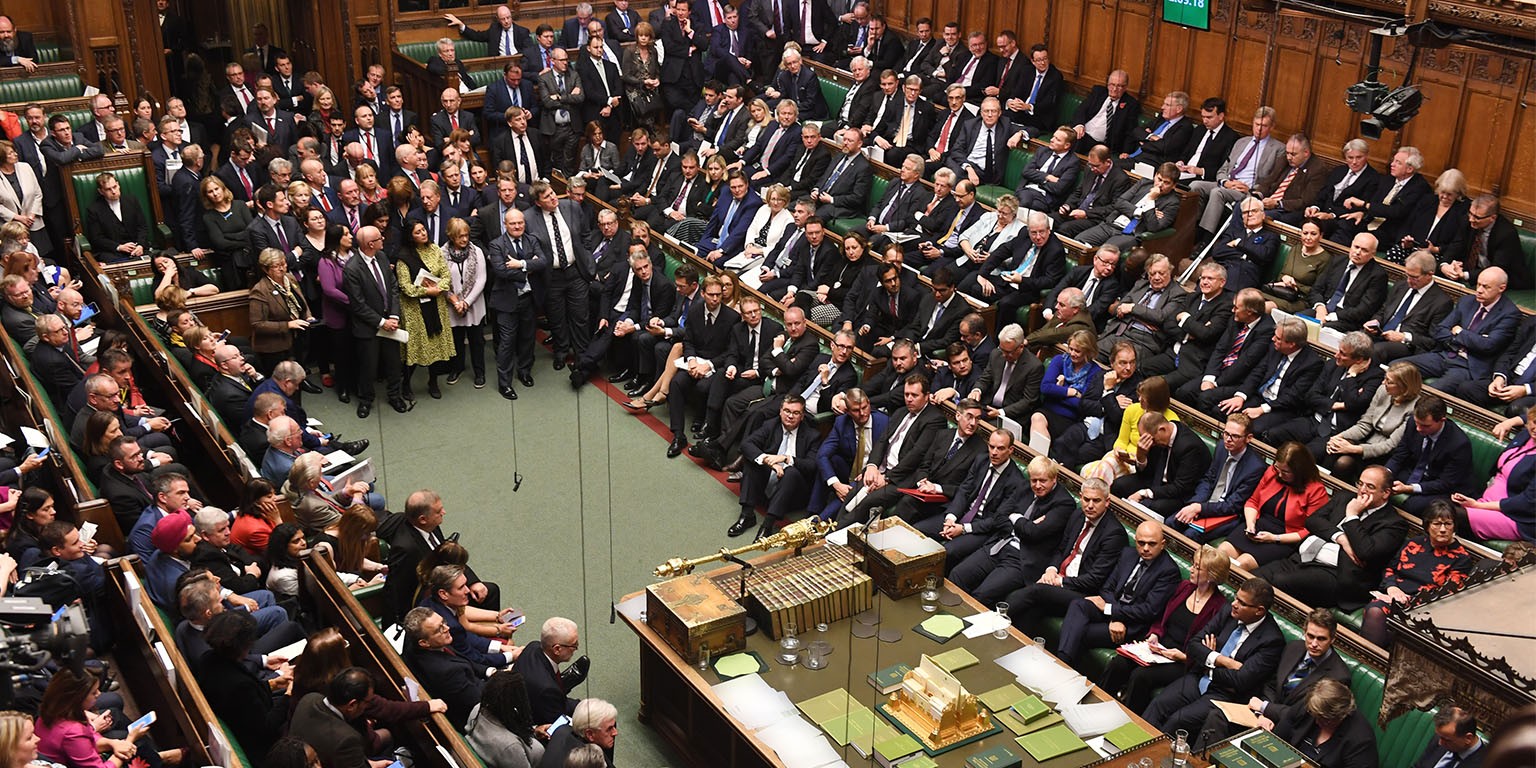A Suggestion on Political Reform

1) An elected executive based on defined positions such as Education, Health, Police, Immigration etc. where each position is directly elected after:
- Candidates are winnowed down to three runners.
- Each has their specific proposals costed by the Civil Service.
- Each proposal has to have a statement of the improvement it is expected to bring and a tangible way of measuring progress along with expected timescales. Measurement to be done by the Civil Service.
The advantage of this approach is that those who are elected are people that are actually interested in that area and have already formulated thought-out detailed proposals. This would substantially reduce the risk that a job is handed to someone with insufficient interest or knowledge.
2) The Legislature would still be based on one person per constituency. The sole purpose would be to scrutinise the laws proposed by the Executive and to be constructive: “Have you thought about this?” and return for rework as necessary. I would assign these roles by eligible voter sortition, with a term of one or two years (with a bar on second terms).
3) I would change the way laws are created. The two branches should be defining the spirit of the law not the detailed statutes. Instead there should, for example, be a white paper saying what the law is intended to achieve followed by guidelines as to how it would be implemented.
Once the paper has been released to the lower house for scrutiny they would create a series of test cases to prove each “If this occurred the result should be this” hypothesis. These test cases would then be used a precedent by courts of law for use in judgement. Each white paper and set of test cases, when deemed ready, would then get passed to be drafted into statute by legal experts.
Currently, most legislation going through Parliament is pretty much gibberish to non-lawyers which makes it difficult, perhaps impossible, to stop stupidity slipping in.
4) Before each election, once all proposals are costed a website should be available on which people can select the proposals they like and see how it would affect their tax position and take-home pay. I believe that the electorate should be able to easily understand the impact of what they are voting for.
For example “free school meals for all” seems like a good idea and discovery that the policy would cost you £5 a week in additional tax may lead you to nod and think that is reasonable given the benefit. However in the same example if you discovered that it would cost you £100 a week you might decide the opposite.
5) Day-to-day running of the Government, including new proposals, should generally not be founded on borrowed money (infrastructure projects being the only exception). If expenditure increases then the overall tax take must also rise. Conversely, if the cost falls then tax could fall. Indeed the elected position aspect of the Chancellor`s position would be to specify how tax is going to be raised.
For although he won’t know how much needs to be raised at the time he can still say “10% via VAT, 20% via income tax, 14% via corporation tax etc.”. The tax rates of each type can then be set once the budget is known.
6) The franchise. I would remove entirely the presumption of an automatic right to vote. Instead, anyone resident in the country can earn that right. There should be multiple ways to do this. One would obviously be a tax threshold you pay above. There should also be other ways such as voluntary service. To this end there should be a volunteer community service team set up for all councils and if you fulfil a certain amount of hours in a local scheme you get a vote.
This will establish a causal link between putting things back into the community and being able to vote people into office. Those engaged in making the country a little nicer place to be would be duly recognised. Non-nationals living here who fulfil these criteria should also get to vote – the only exception being on constitutional matters.
Pagan2
This is the debut piece of Pagan2